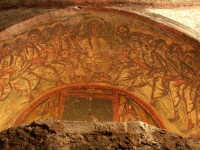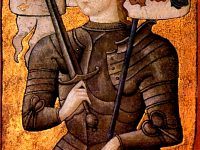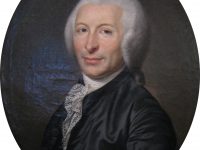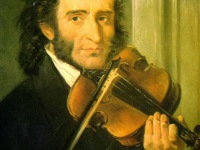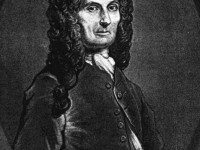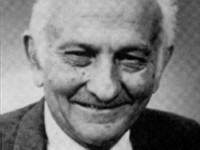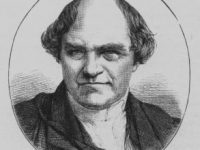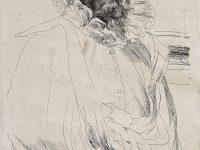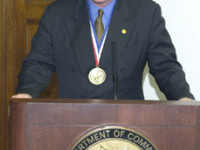Antonio Bosio and the Rediscovery of the Roman Catacombs
On May 31, 1578, the Catacombs of Rome were discovered by accident. A sepulchral chamber was opened by some laborers digging for pozzolana earth. Ecclesiastical historian Caesar Baronius was one of the first to visit the new discovery. Fifteen years later, in December 1593, 18-year-old Antonio Bosio began a lifetime exploring the catacombs researching them for his volume, Roma Sotterranea. Antonio Bosio – Background Information Antonio Bosio was born in Malta about the…
Read more

